Malaysians have always been crazy about food, but for some reason culinary arts courses haven’t been the most popular — until now.
More and more young people have been taking up culinary arts in universities, even though many parents still have their reservations.
But those who do take the plunge to follow their dreams find it to be incredibly fulfilling, as you’ll see from our TheStarTV.com video series: Kitchen Degree Unlimited. Check out the first episode:

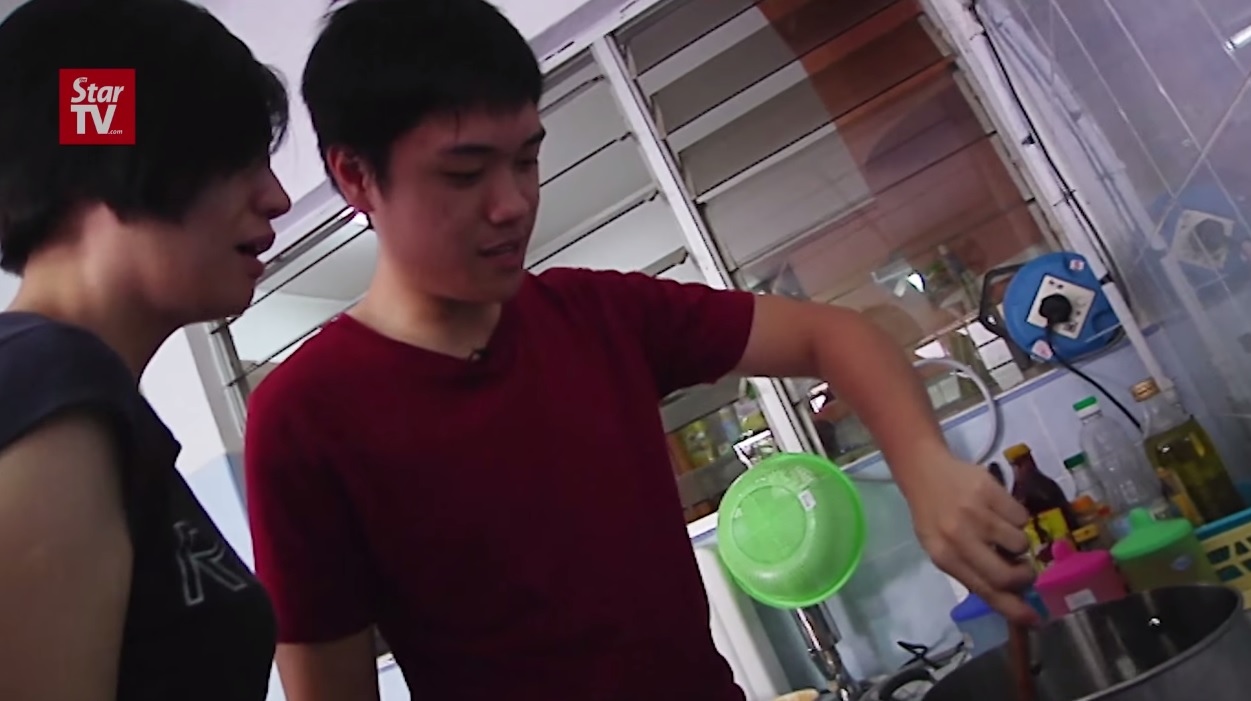
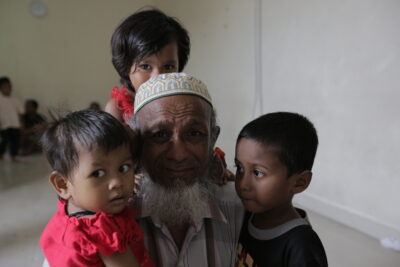
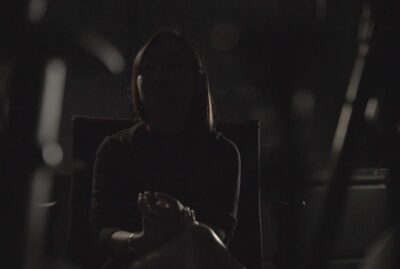
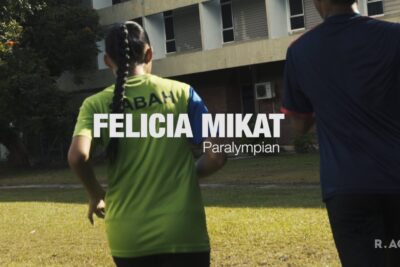
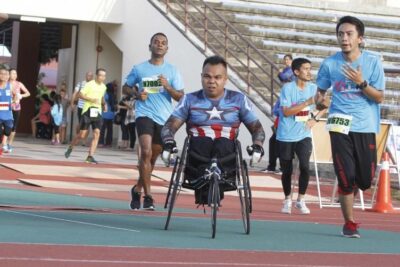
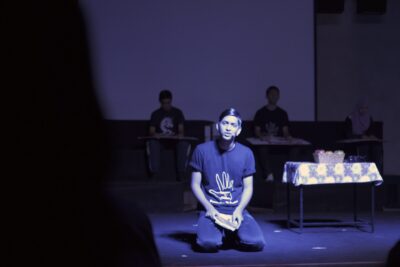

Leave a reply